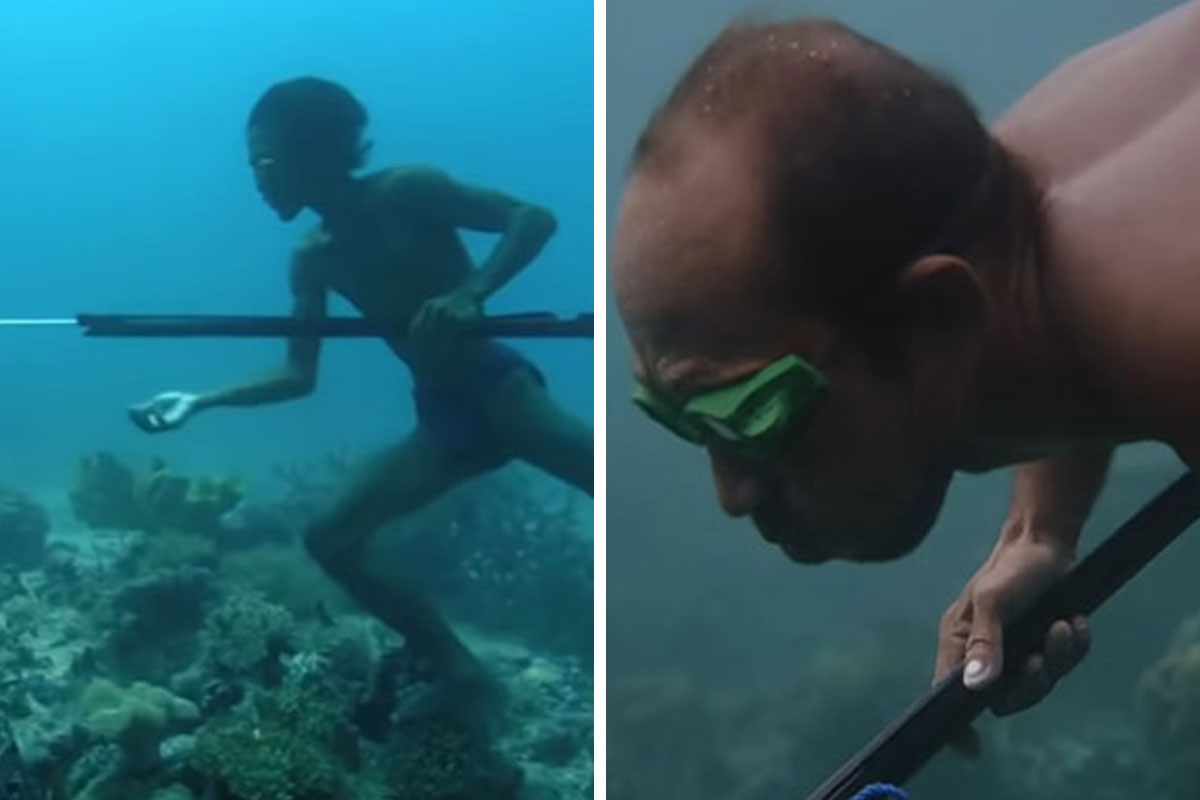
Bajau People Can Hold Their Breath For 13 Minutes Underwater Thanks To Rare Gene
Interview With ExpertThe proof is in the Darwinian pudding. A study providing evidence that humans can genetically adapt to holding their breath underwater for an extended period of time resurfaced. Consequently, one of the research’s authors exclusively opened up to Bored Panda about the scientific findings.
First published in 2018 in the research journal Cell, a group of scientists highlighted the indigenous Bajau people (“Sea Nomads”) of Southeast Asia who live a subsistence lifestyle based on breath-hold diving.
- The Bajau can hold their breath underwater for an average of up to 13 minutes, a capacity possibly based on genetic adaptation.
- Researchers found that natural selection on genetic variants like the PDE10A gene increases spleen size, enhancing oxygen storage.
- Evidence suggests the Bajau have genetic variants in the BDKRB2 gene, which affects the human diving reflex, aiding hypoxia tolerance.
The Sea Nomads’s renowned breath-holding abilities, an average of up to 13 minutes underwater, were highly speculated as to whether they had a genetic basis or not.
Using a comparative genomic study, the researchers showed that natural selection on genetic variants in the PDE10A gene increased the spleen size in the Bajau, providing them with a larger reservoir of oxygenated red blood cells.
A study providing evidence that humans can genetically adapt to holding their breath underwater for a long period of time resurfaced
Image credits: BBC Global
Moreover, researchers found evidence of a strong selection specific to the Bajau on BDKRB2, a gene affecting the human diving reflex.
As a result, the Bajau, and possibly other diving populations, were found to provide a potential new opportunity to study human adaptation to hypoxia tolerance.
Understanding the physiology and genetics of human hypoxia tolerance has important medical implications, the scientists noted.
Image credits: BBC Global
Until the 2018 study, human hypoxia tolerance had only been investigated in high-altitude human populations.
The Sea Nomads have lived an entirely marine-dependent existence, traveling the Southeast Asian seas on houseboats for over 1,000 years, the researchers noted.
Their marine hunter-gatherer existence depends on the food they collect through free diving.
One of the research’s authors exclusively opened up to Bored Panda about the scientific findings
Image credits: BBC Global
They are renowned for their extraordinary abilities, diving to depths of over 70 m with nothing more than a set of weights and a pair of wooden goggles and spending 60% of their daily working time underwater.
Melissa Ilardo, an assistant professor at the University of Utah, Department of Biomedical Informatics, and author of the 2018 study, told Bored Panda in an email: “From our initial paper, it seems likely that the diving ability of the Bajau has a genetic basis.
“However, we have not done further research on this population, so we have not been able to support this finding with any additional evidence.”
Image credits: BBC Global
Nevertheless, these genes (the PDE10A and BDKRB2 genes) are found in all people, the scholar fluent in eight languages explained.
She further explained: “However, there are specific changes (genetic variants) in these genes that can be distinct to different populations.
“The variant we identified in PDE10A that was under selection in the Bajau is also found in other populations.
“For example, we showed in our paper that about 30% of Europeans have the same variant as the Bajau.”
Published in 2018, a group of scientists highlighted the Indigenous Bajau people (“Sea Nomads”) of Southeast Asia
Melissa revealed that her 2018 research prompted new studies on the spleen, including a recent study that showed that Sherpas have larger spleens and that this may help them better tolerate the hypoxia of high altitude.
The expert in human evolutionary genomics has long studied indigenous human populations who have adopted survival strategies that range from desert foraging to deep-sea diving.
“An extraordinary array of adaptations has arisen from these environments and lifestyles, resulting in physiological advantages,” Melissa wrote on her LinkedIn profile.
For the second time in a month I get to hear Melissa Ilardo discuss the sea nomads. Once at #ASHG18 And now again at @evmedasu seminar seires. pic.twitter.com/4pTR1aspzn
— Nick Banovich (@NeBanovich) November 8, 2018
“My research explores evolution in these superhuman populations,” she added. “Thus far, I have partnered with two populations who engage in the practice of breath-hold diving: The Bajau Sea Nomads of Indonesia and the Haenyeo (all-female) divers of Jeju, Korea.”
The academic runs the Superhumans Ilardo Lab, which is focused on celebrating human strengths instead of hunting for “disease-causing genetic variants.”
“Our research seeks to understand how health is preserved among resilient, adapted individuals,” the lab’s description read.
Readers were left stunned by the Bajau’s remarkable abilities in the water
Poll Question
Thanks! Check out the results:
Really fascinating- more articles like this and less celebrity tabloids!
"an average of up to 13 minutes"? Is it an average of 13 minutes or up to 13 minutes? It can't be both unless every member of the tribe can hold their breath for a maximum of 13 minutes.
Agree, quite confusing. It could also be "individual averages of up to 13 minutes", meaning that while working there are divers who on average stay under water for 13 minutes. Combined with the 60% under water while working it would mean that such a diber does 22 dives of about 13 minutes in a span of 8 hours (4:00-12:00)
Load More Replies...Really fascinating- more articles like this and less celebrity tabloids!
"an average of up to 13 minutes"? Is it an average of 13 minutes or up to 13 minutes? It can't be both unless every member of the tribe can hold their breath for a maximum of 13 minutes.
Agree, quite confusing. It could also be "individual averages of up to 13 minutes", meaning that while working there are divers who on average stay under water for 13 minutes. Combined with the 60% under water while working it would mean that such a diber does 22 dives of about 13 minutes in a span of 8 hours (4:00-12:00)
Load More Replies...
 Dark Mode
Dark Mode 

 No fees, cancel anytime
No fees, cancel anytime 


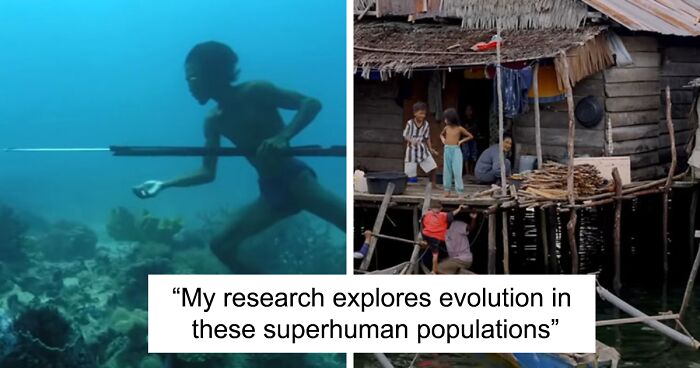



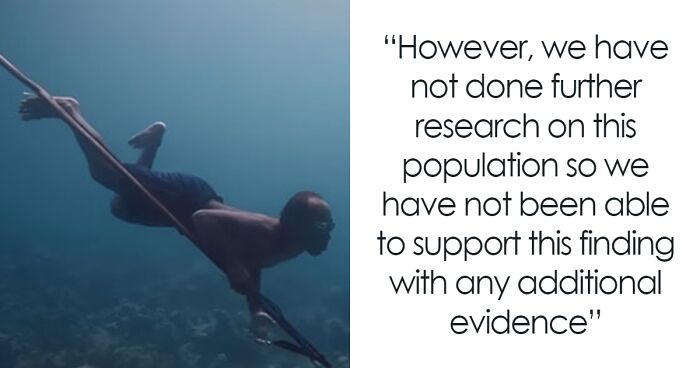

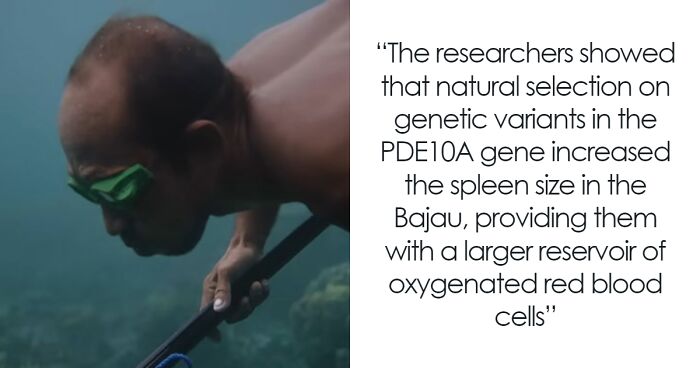
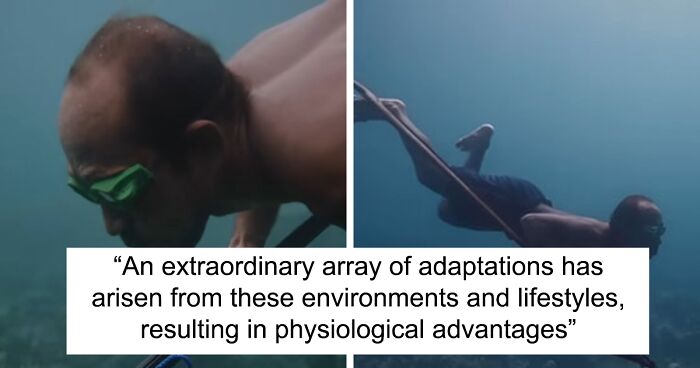


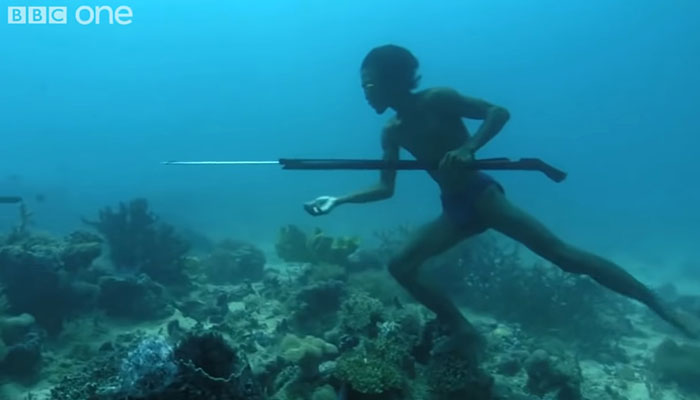
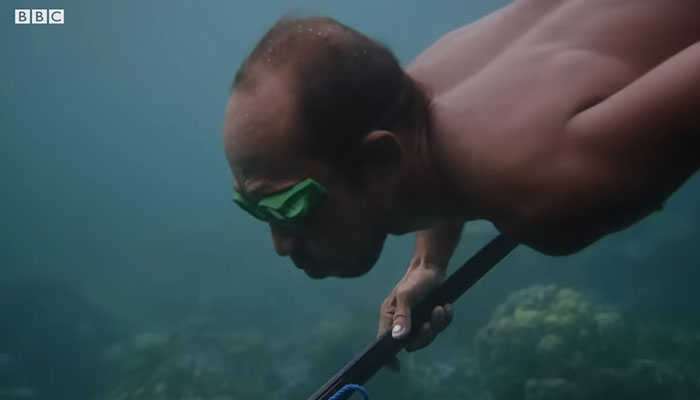
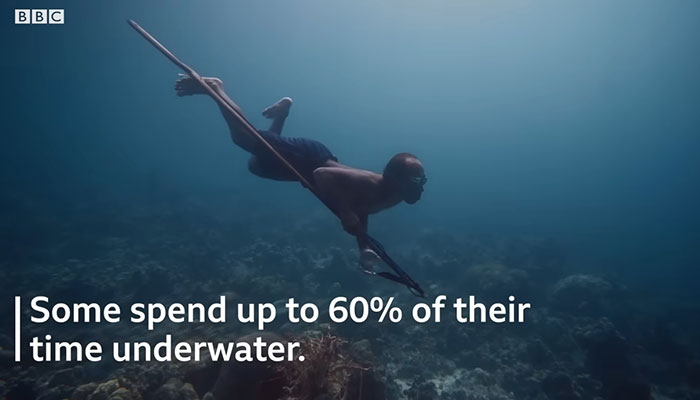


















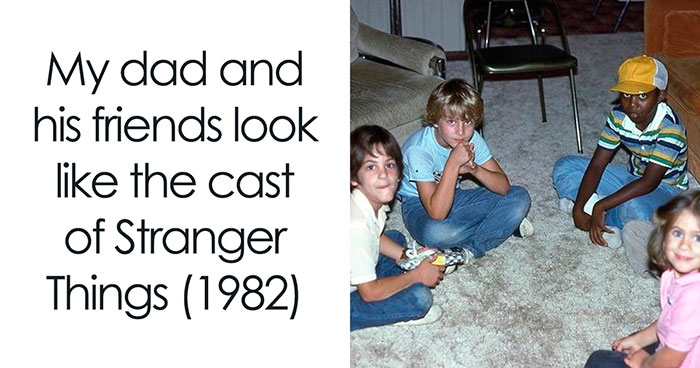


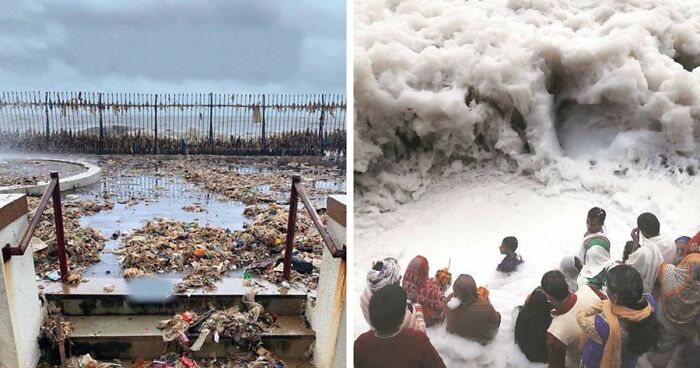







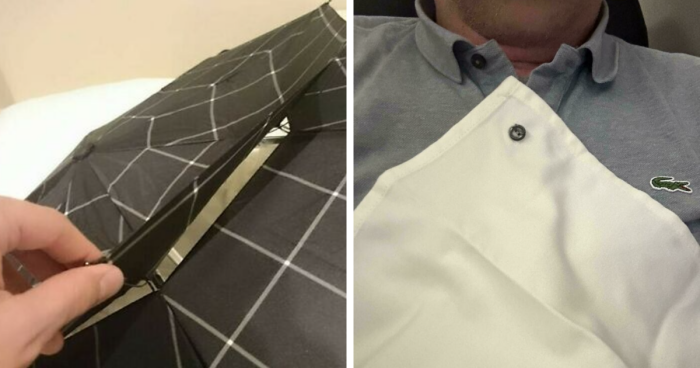
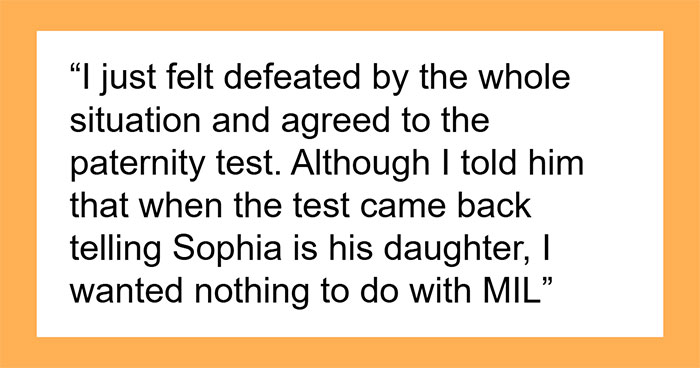


66
11